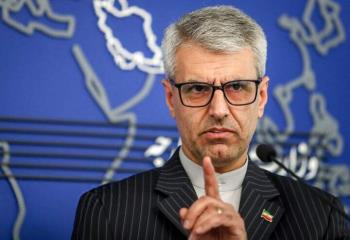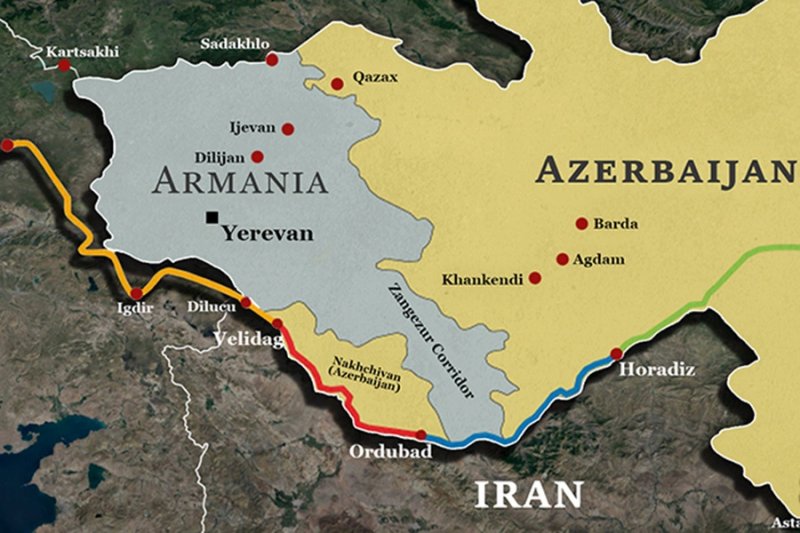ALWAGHT- The Foreign Ministry spokesperson stated that Iran is closely watching the situation along its northwestern frontier, stressing that the presence of external forces in the Caucasus would be detrimental and risk exacerbating regional complexities.
Iran views the South Caucasus as a critical strategic corridor, linking it not only to Russia but also to broader regional markets and transit routes. Officials in Tehran stress that stability in this area directly affects Iran’s security and economic interests, particularly given its proximity to Iran’s northwestern border. Baghaei emphasized that Iran follows developments there with vigilance, recognizing the region as a geopolitical crossroads.
He reiterated Iran’s strong opposition to the involvement of non-regional powers, warning that such interference would aggravate tensions rather than resolve them. In this context, the peace treaty between Armenia and Azerbaijan is seen as a step toward reducing the likelihood of foreign military presence, especially with its stipulation barring deployment of outside forces along border areas. Iran, Baghaei suggested, intends to hold the signatories to this commitment.
At the same time, Tehran has signaled its willingness to play a constructive role by strengthening ties with both Armenia and Azerbaijan, as well as with other neighboring states. Baghaei made clear that Iran stands ready to back regional initiatives that reinforce sovereignty, stability, and cooperative security arrangements, positioning itself as a regional actor advocating for peace without external interference.



























